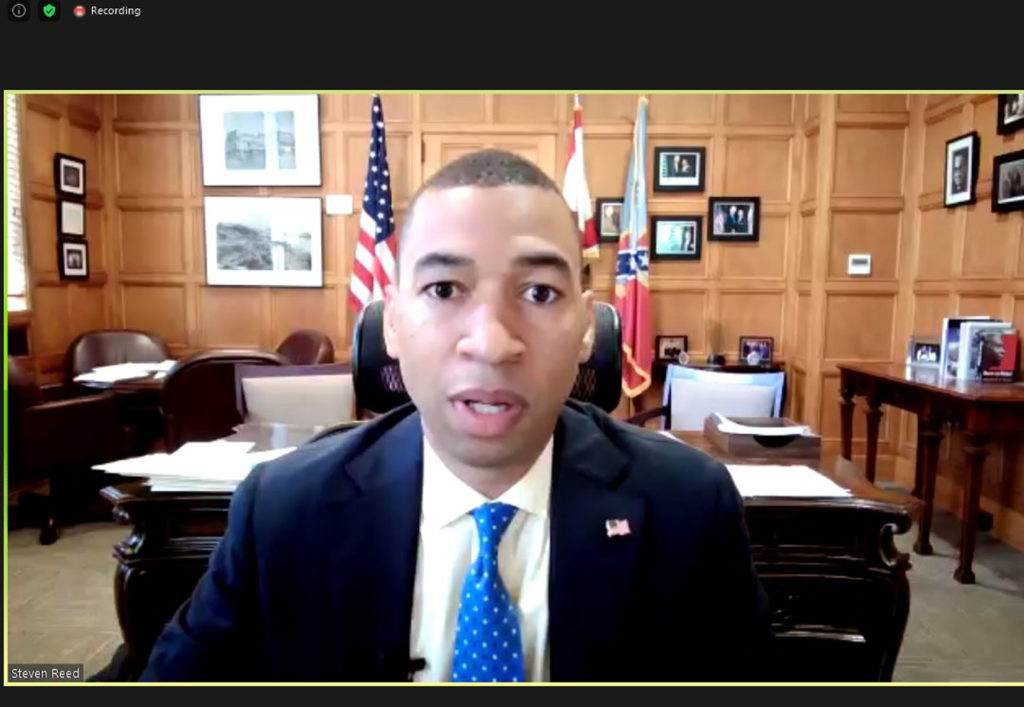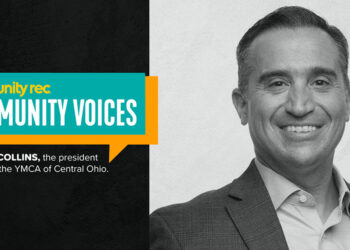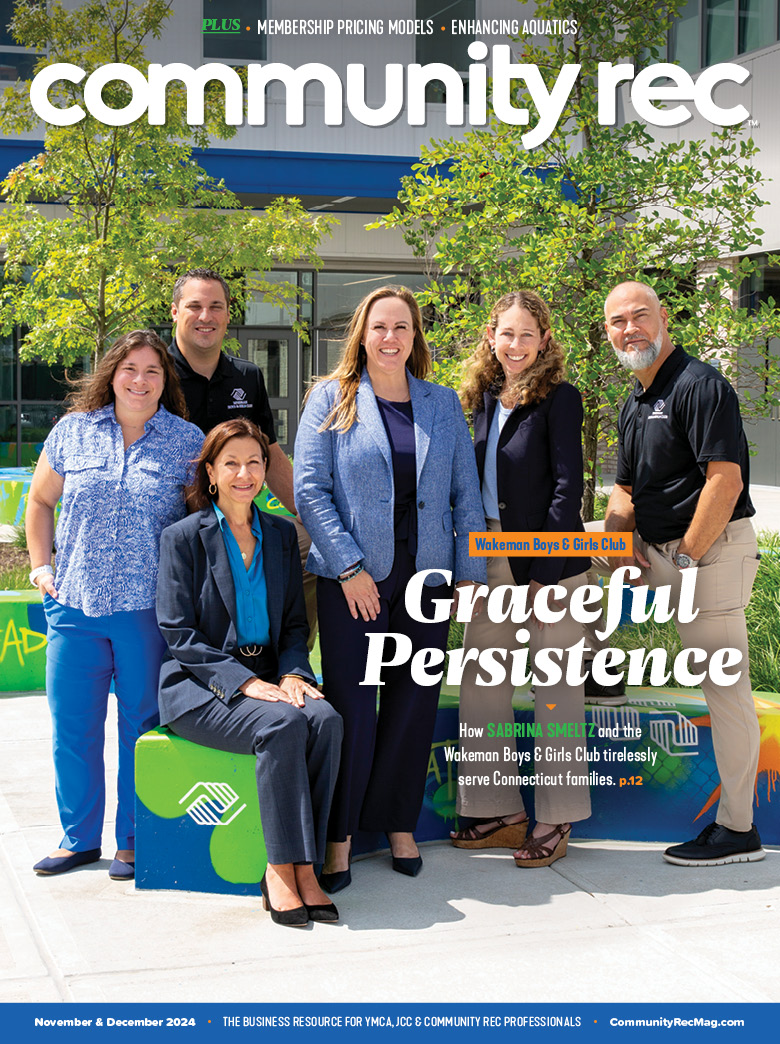On June 30, YMCA African American CEOs hosted a virtual town hall to help people unlearn systemic racism. This is Part One of our top takeaways series from this event.
Steven Reed, the mayor of Montgomery, Alabama, was one of many speakers on the YMCA’s virtual town hall that took place June 30. He believes unlearning systemic racism is a relevant topic now, every day, every month and every year.
When he started his portion of the discussion, Reed said that in order to discuss systemic racism, the organization must first acknowledge it exists. “We have to also look at the origins of systemic racism from a Macro and Micro level, and I think given the Y’s history it would be prudent for us to be honest about the role racism played throughout the history of this organization,” he said.
Reed grew up attending the Cleveland Avenue YMCA in Montgomery, Alabama, the same YMCA Martin Luther King Jr. was a member of. Reed said this Y location was the “Black Y” during the 50s, 60s and 70s. “It is important we understand Dr. King himself, even as he was leading this nonviolent and peaceful movement for equality, was not allowed to go to the Downtown Y, at that time — the Central Y as it’s called now — because of his race,” said Reed.
According to Reed, acknowledging the YMCA’s involvement in racism in the past is a great place to start unlearning systemic racism.
“Understand we don’t have to be perfect to make progress,” said Reed. “You don’t have to have a perfect past to be someone who wants to bring about positive change. But it is important if we want to make progress and bring about positive change that we acknowledge our role and we acknowledge our truths in this issue.”
While acknowledging your facility’s past and participating in events like the town hall is good, Reed said it is not enough to bring about change.
“Dr. King once said, ‘The arc of the universe is long, but it bends toward justice,’” said Reed. “And that’s to say to us that we have ongoing work to do. Conversations are great, roundtables are great, discussions are good, but ultimately, we will be judged by the action we take. Ultimately, we will be judged by the impact we can make in our communities as an organization.”
Reed, who also serves as a board member for the Metro YMCA in Montgomery, Alabama, believes the YMCA organization is more than capable to play an active role in correcting racial injustice. If your facility is starting to have discussion about what you can do to make a difference when it comes to racial injustice in your community, reed said it is important to get uncomfortable.
“We have to make sure we are challenging ourselves to really address and understand the impact systemic racism has and will continue to have if we don’t take deliberate action,” explained Reed. “It is not enough for us to have a diversity committee; it is not enough for us to do the things that make us feel good. Because quite honestly, if we feel good about this discussion then that means we aren’t challenging ourselves enough.”
The virtual town hall was designed to be a starting point for YMCAs to better understand how they can unlearn systemic racism and help their community do the same. However, Reed said actions will speak louder than words on this issue.
“It is important that we not only talk about unlearning systemic racism – it is more important to do something about it urgently and deliberately, regardless of how that makes any of us feel in this moment, because what we are doing is leading for the next moment,” said Reed.
This is an ongoing series, stay tuned for Part 2 next week.











